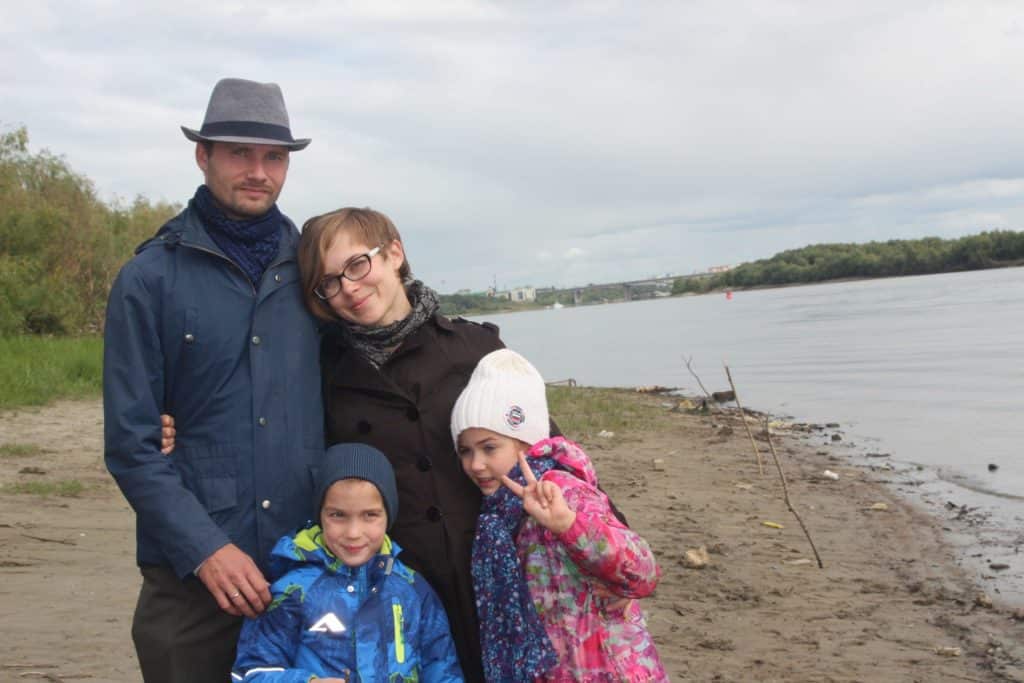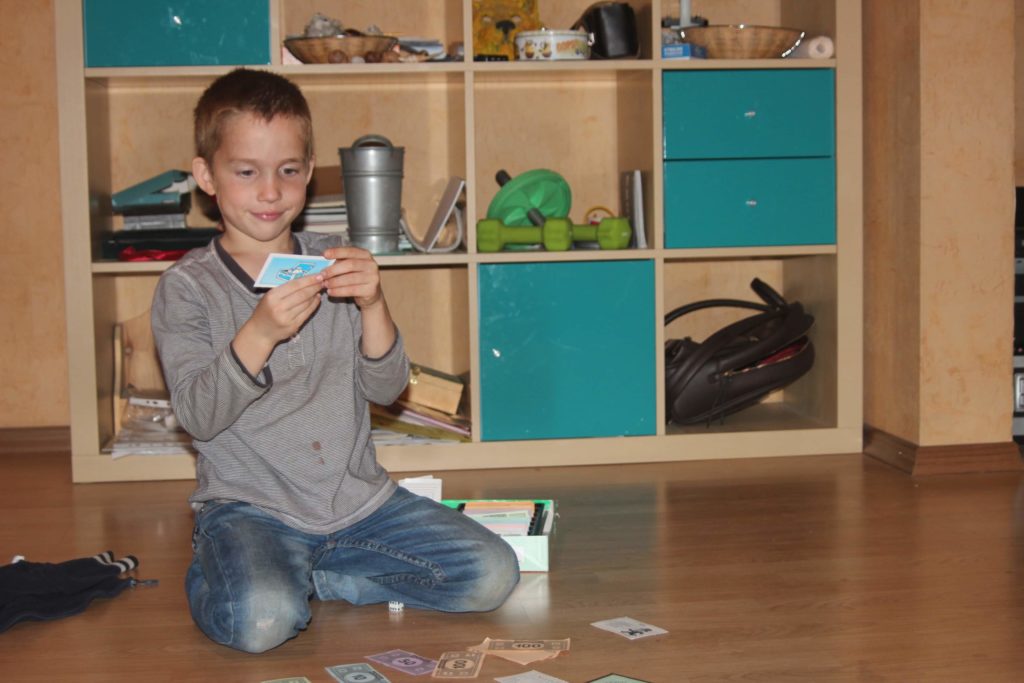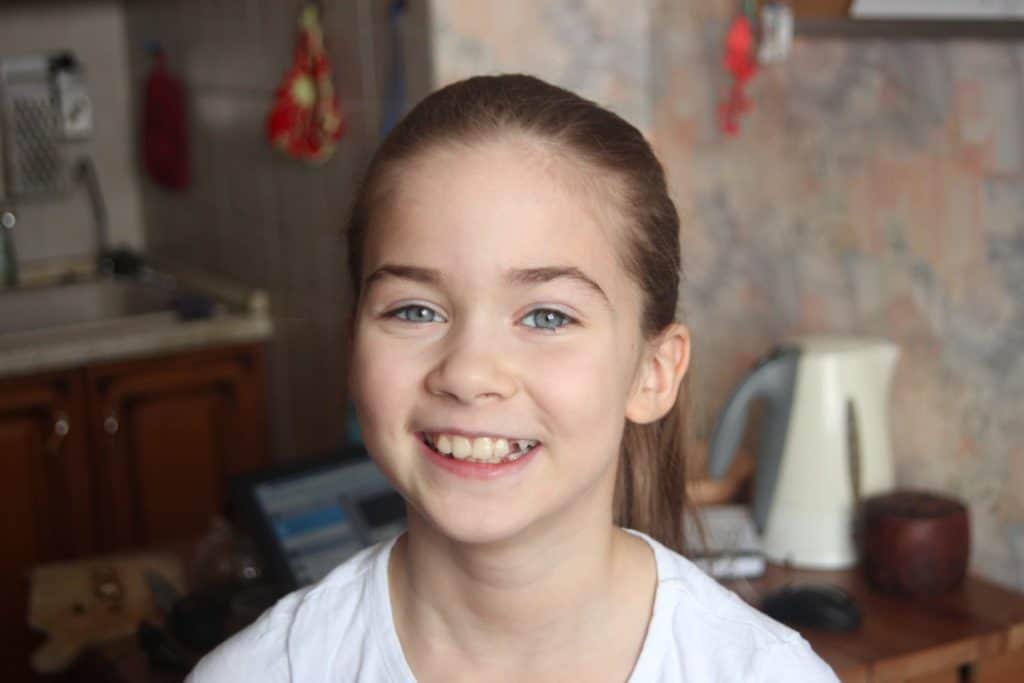
Anna Kosjanenko and her family live in Omsk, a city of 1.5 million people in the South West of Siberia. Siberia is a vast Russian province encompassing most of Northern Asia. The winters there get very cold (-30C) and right now it is zero degrees outside. Anna works for an education project called Square 306 and is passionate about improving her community. She shares how life has changed for her family since the arrival of Covid-19.
My husband Grisha, our children Rada and Vova, and I, began self-isolation on March 14. I had read an article (about Covid-19) and it made an impression on me. I was in a panic because I read about the mortality and virulence of coronavirus. Officially there were no confirmed cases in my city but I still decided to isolate the kids and they stopped going to school. After that I began to visit this site every day: coronavirus-monitor.ru.
Our apartment is near the River Irtish, in a ‘dormitory suburb’ (or ‘sleep zone’: vast apartment block zones with very little landscaping, usually in the outer suburbs – editor’s note). We have a good neighbourhood – we crowdfunded for a playground and keep in touch via whatsapp.
I stocked up with 10 days of food supplies and bought hand sanitizer gels for home and for work. There was no rush because hardly anyone thought about the virus seriously in Russia.
I called my parents and Grisha called his mother. We tried to persuade them to self-quarantine. They didn’t listen carefully but my sister and I pushed them. I called them every day and finally they changed their mind. Father still has to work, but they spray all surfaces with alcohol (his company works with electronics). I continue to keep in touch with them by phone.
I sent a message to my neighbours on March 17. There were many jokes about coronavirus. The majority did not take it seriously.
I went to work until March 20, taking all the necessary precautions. People here like to hug each other and shake hands – habits that many found difficult to break. I attended our last event on March 19 and after that our company began to work remotely.
Our family reduced contact with the outside world severely with one exception: We went to the forest with Grisha’s brother last weekend – they were in self-quarantine too. We kept a distance and used hand sanitizer gels and our meeting was a breath of fresh air.
The first recorded instance of coronavirus in Omsk was on March 29 (a family infected after travelling in Dubai). We have a weak test system in Russia, so we don’t know the true statistics. Schools have been closed in Omsk since March 23 and will remain so until April 5. Kindergartens are closed from today (March 30).
I try to work from home but it’s not easy with the kids. At work we record podcasts. Now I work on post-production, remotely. My husband Grisha is an IT manager and works remotely in a separate room. I exercise three times a week and, when I have free time, I watch some popular science lectures. Grisha likes to play guitar.
We have two children. My daughter, Rada, is 10, and my son Vova is eight. I haven’t enough time to teach them basic education programs, so Rada and Vova make presentations about their favourite subjects every day. Rada prefers arts and Vova loves biology. Vova uses his skateboard and makes tricks. Rada watches dance videos on Youtube and copies the moves. Our family learns languages; Vova learns English and the rest of the family, French. We also play boardgames in the evenings – Colonisers is one of our favourites. The kids love Magic: the Gathering.


It was hard to explain what was happening to the kids in the first week. But we made it; they understood us. We have long winters so they know how to keep themselves busy at home.
At the time of writing the latest advice in Omsk is to stay at home, except for going to the store and walking the dog.





